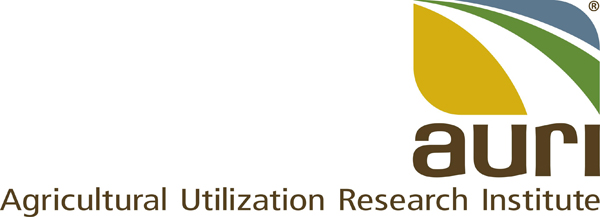The Agricultural Utilization Research Institute (AURI) is hosting a three-part webinar series devoted to the latest developments, initiatives and challenges in the upper Midwest’s thriving sustainable proteins industry.
The first live webinar is from 12 p.m. to 1 p.m. Wednesday, September 13. Panelists from AURI, MBOLD and McKinsey & Company will provide a timely and detailed overview of the protein sustainability landscape across the upper Midwest.
Future webinars in the series will focus on examples of industry initiatives and projects related to protein to highlight how the private sector is navigating sustainability goals. The October webinar will cover what is happening in the plant and alternative protein space. In November, efforts related to animal proteins – including meat, dairy and eggs — will be highlighted. These topical webinars will include lessons learned and aim to inspire action and investment in the sustainable proteins space.
The webinar series is free and open to the public. Media members are invited to attend. For more information, or to register, visit the event page. Bremer Bank and the Mainstreet Businesses Focused on Food and Agriculture (MBFFA) Initiative are sponsors of the “Perspectives on Protein Sustainability” webinar series.
AURI Connects: Webinar Wednesday is a monthly webinar series hosted by AURI. Each session explores different aspects of the food and ag sectors in Minnesota—from resources for food entrepreneurs to innovations in coproducts and biobased energy.
About AURI
The Agricultural Utilization Research Institute’s mission is to foster long-term economic benefit through value-added agricultural products. It accomplishes this by using science and technology to help develop new uses for agricultural products. It partners with businesses and entrepreneurs to generate economic impact in Minnesota communities by helping businesses take advantage of innovative opportunities in four focus areas: biobased products, renewable energy, coproducts and food. AURI provides a broad range of services, including applied research and development, scientific assistance and a targeted network of resources to develop value-added uses for crops and coproducts.
